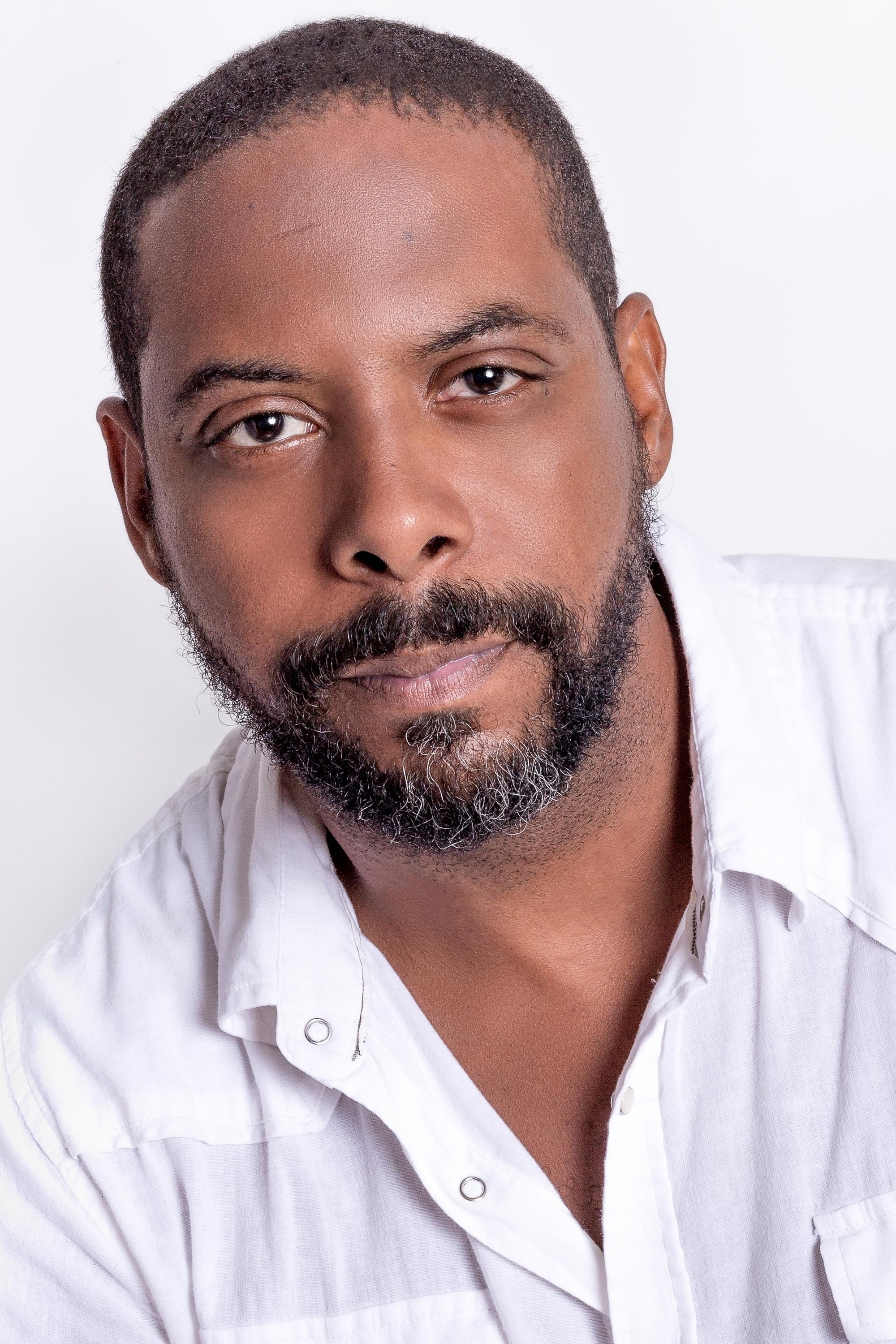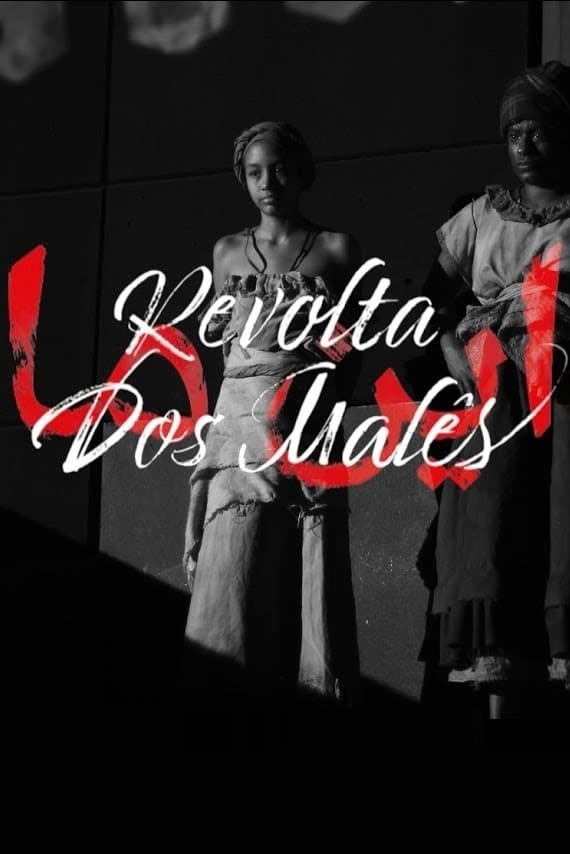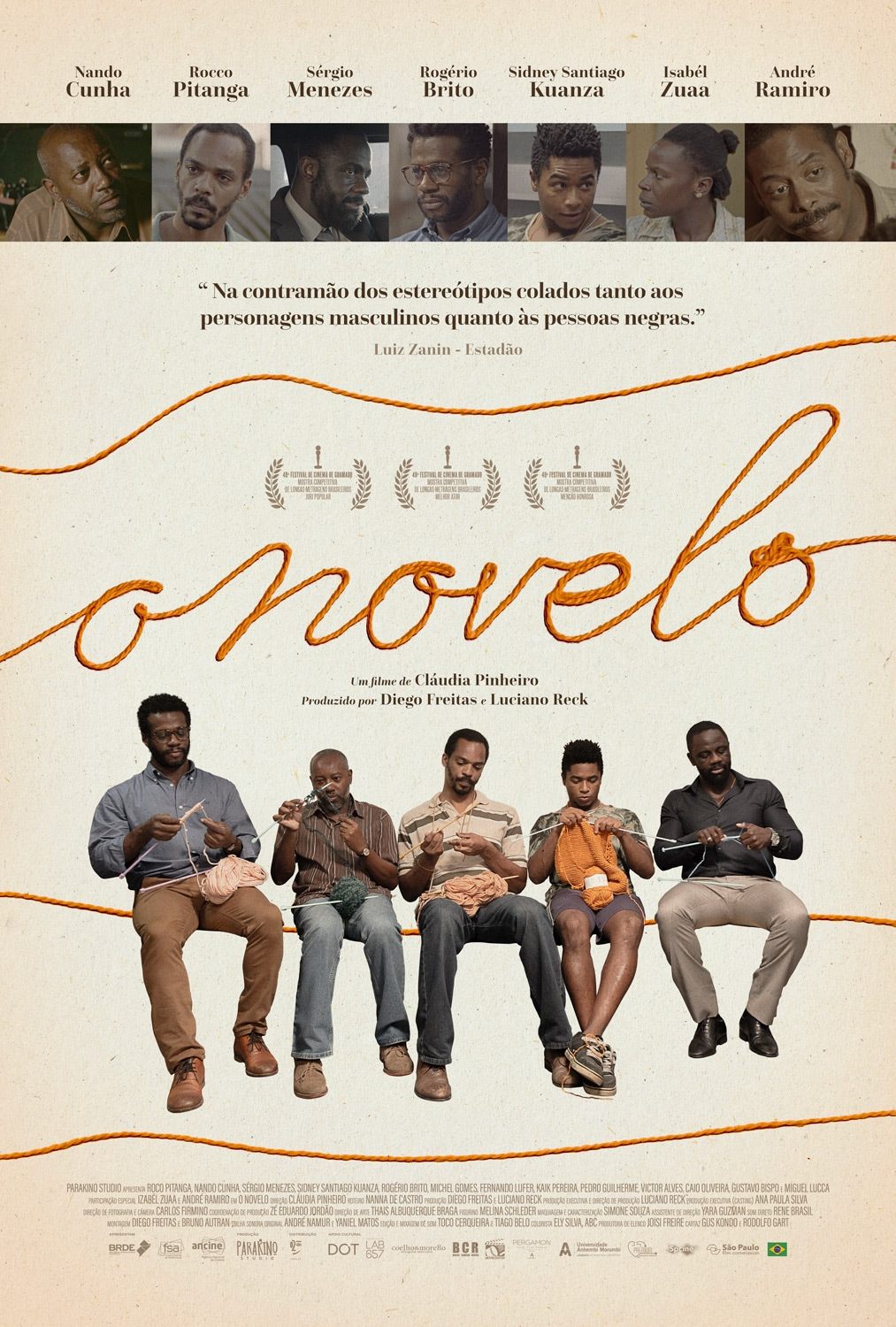

The movie follows the life and career of Madame Durocher, first woman to be accepted in the Brazilian Medical Academy.


Salvador, Bahia, January 1835. After more than a decade of hard work, Guilhermina, 27, a slave of Muslim origin, finally gets the resources to buy her manumission, as well as that of Teresa, 11, her teenage daughter. But, contrary to an old promise, his “lord”, farmer Souza Velho, refuses to sell the girl's letter. When Pacific Licutan, Salvador's most esteemed Islamic leadership, is arrested by the Bahian authorities, the Muslim community goes into a boiling state and begins to articulate a jihad. In desperation, Guilhermina sees in the uprising the only way to win her daughter's freedom.



Larissa competed for the Rio Military Police in search of the ideal of “protecting the citizen”.

In Brazil, Akemi finds out that she's the heiress to the Yakuza empire. Just after that, her destiny enters a spiral of violence and mystery, where a gaijin (foreigner) who's been protecting her all this time, Shirô, may have been actually sent to kill her.

Five brothers end up being raised by their older brother after their mother's death. One day, as adults, they receive the news that a comatose man in an ICU could be their father. In the hospital's waiting room, the brothers immerse themselves in their conflicts and memories, and through the knitting learned in childhood.

The story of the first 2,300 years of humanity and recounts events exclusively from that period. The plot begins by giving us a greater understanding of why we exist and how we turned from perfection to imperfection. The origin of all social and racial problems is there at the beginning of everything, when via one decision a human being who only knew good and enjoyed it so much also chose to know evil.

By browsing this website, you accept our cookies policy.